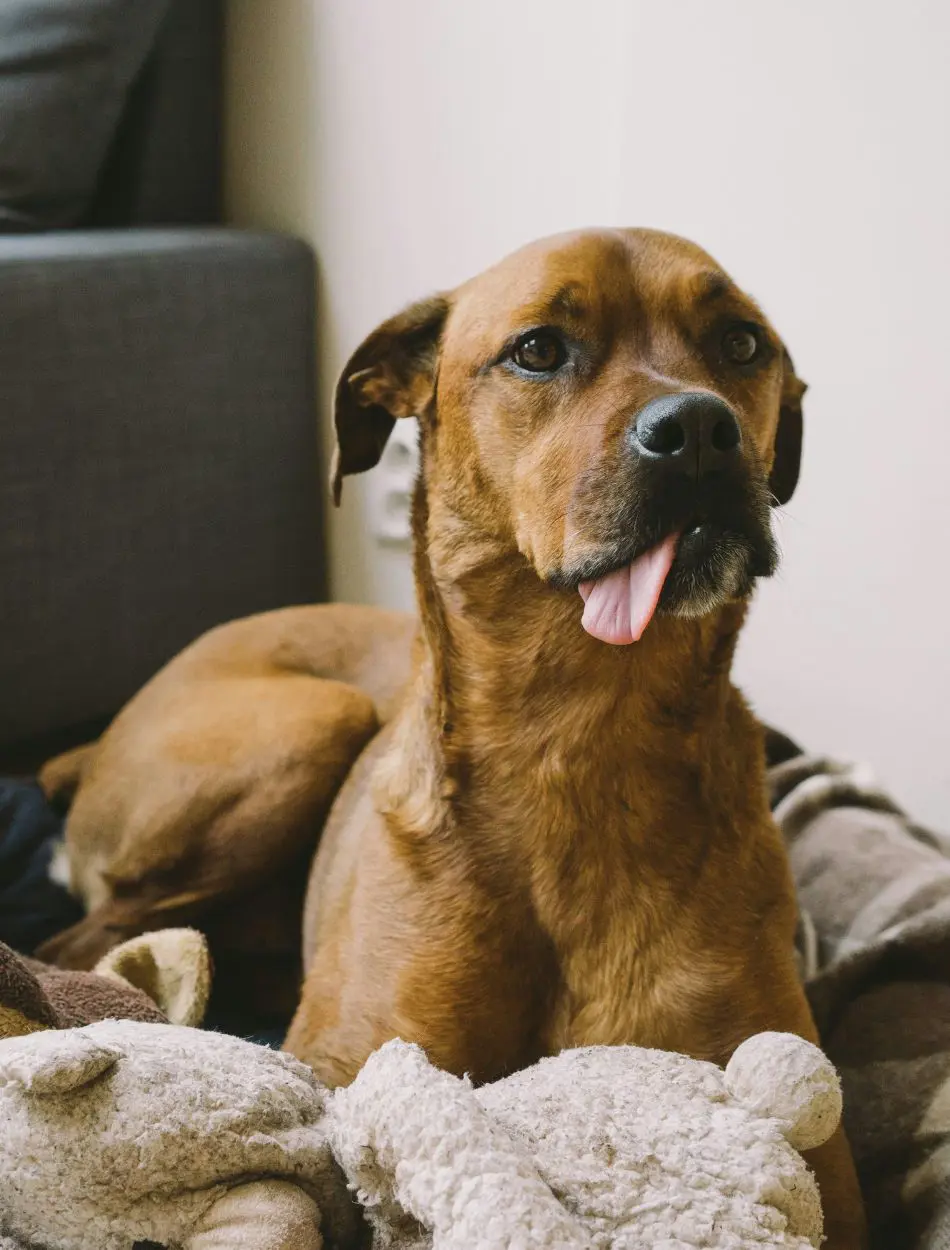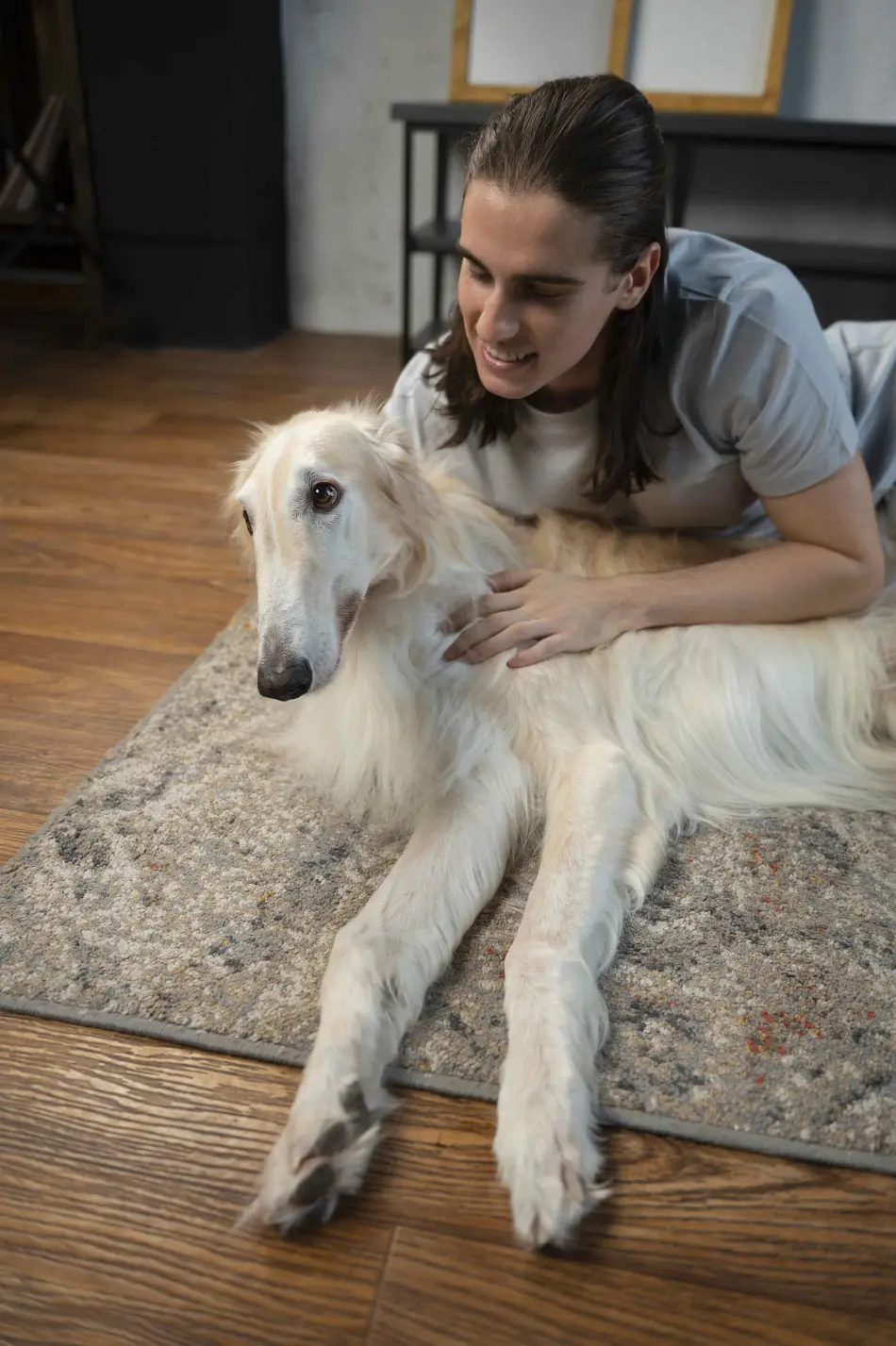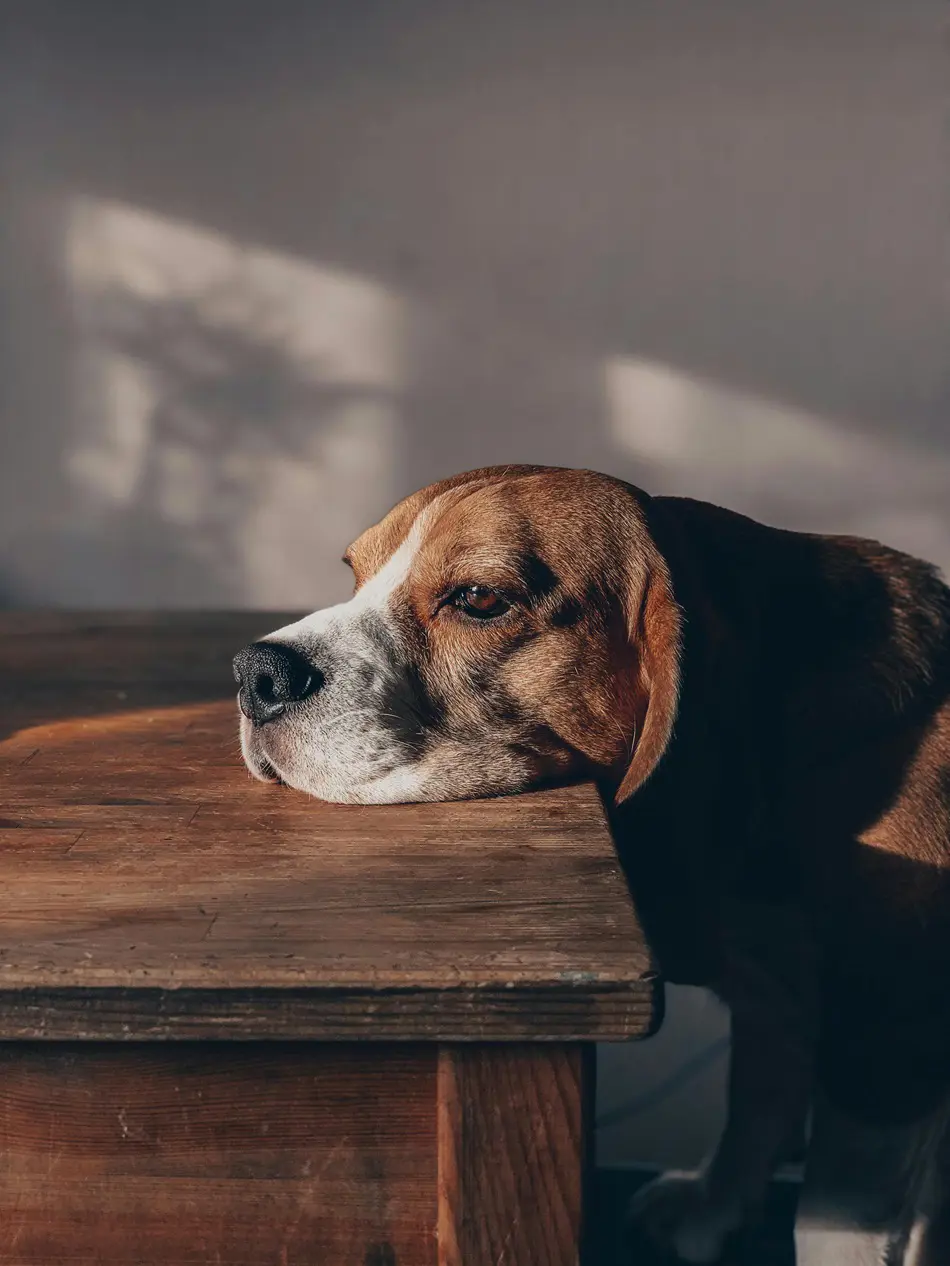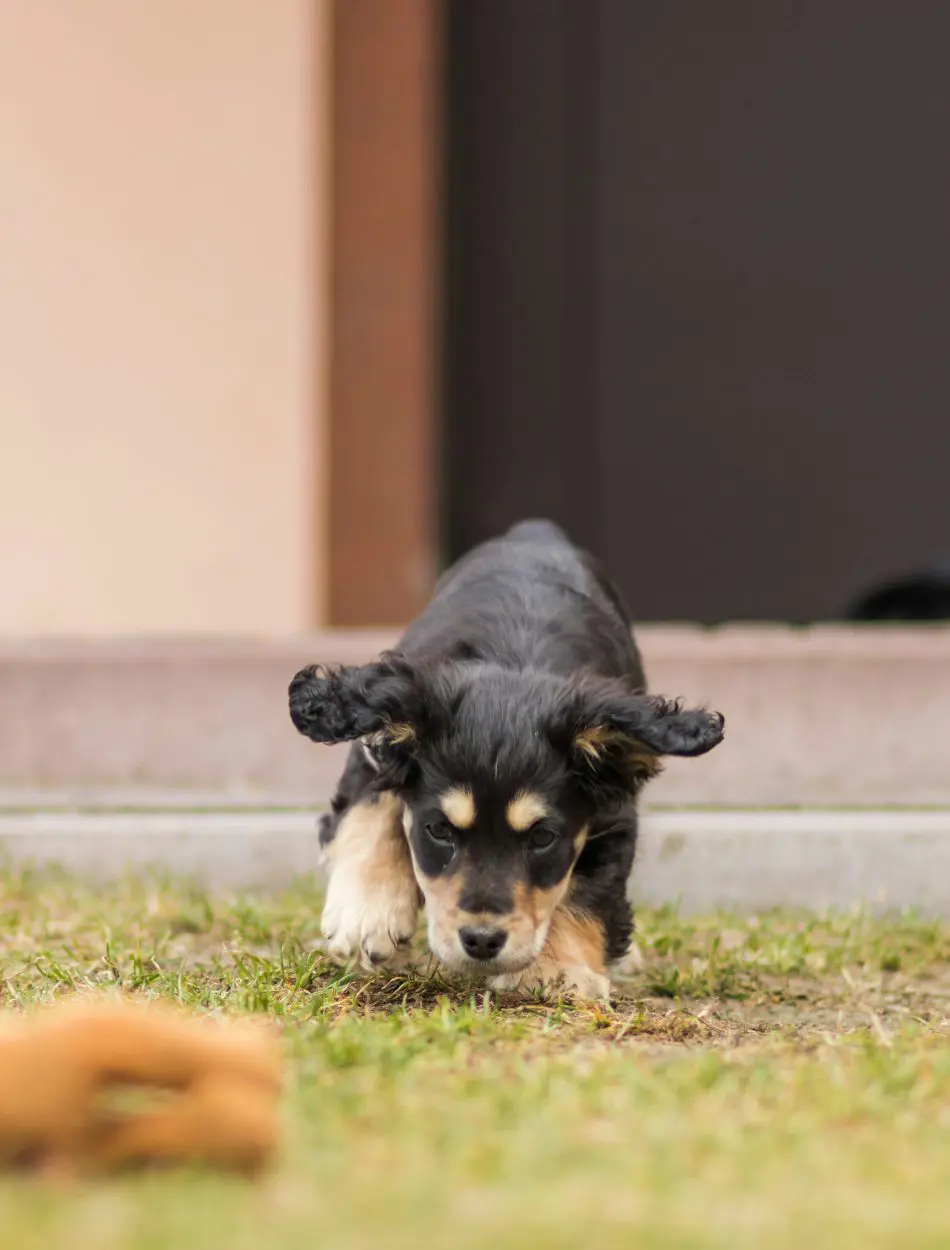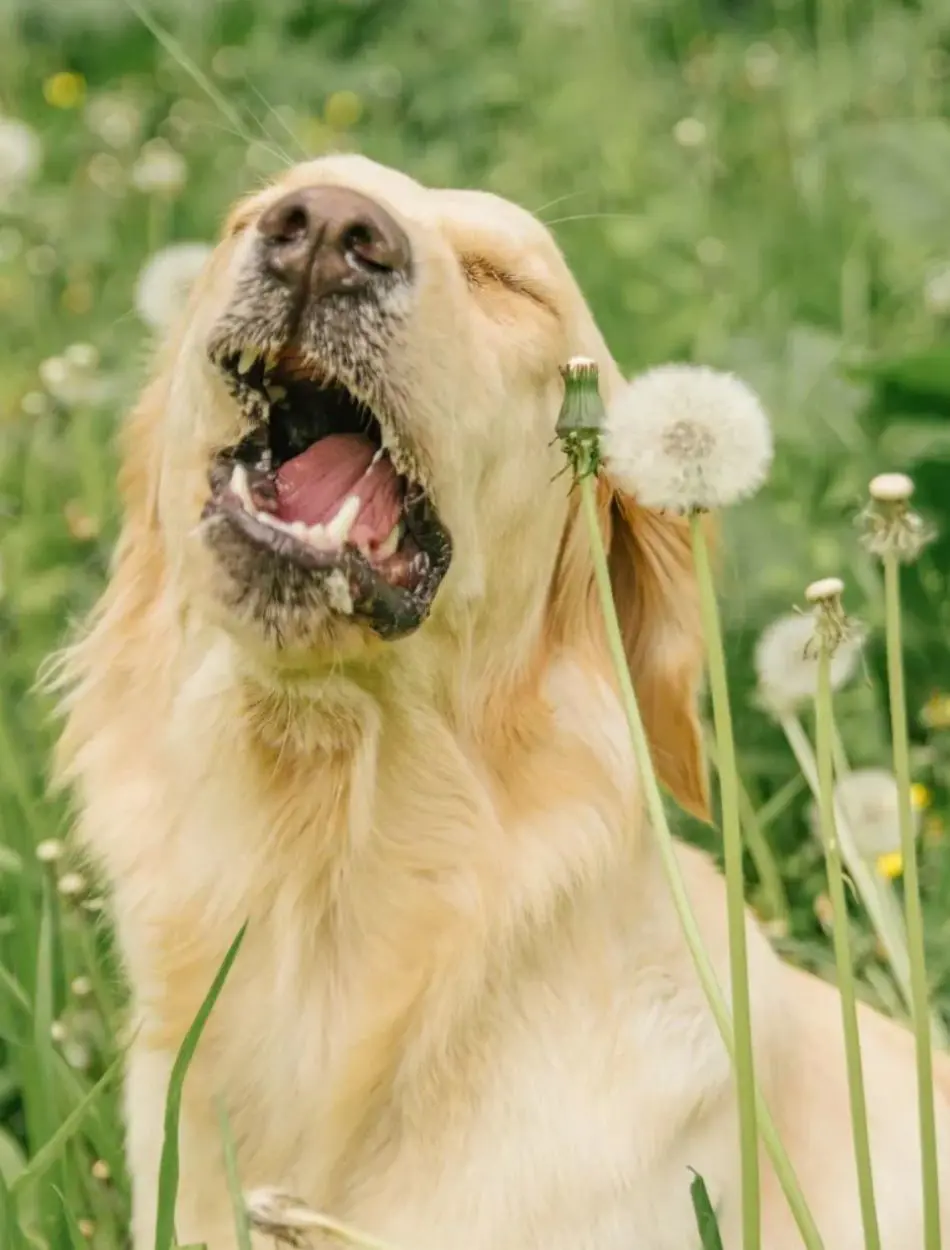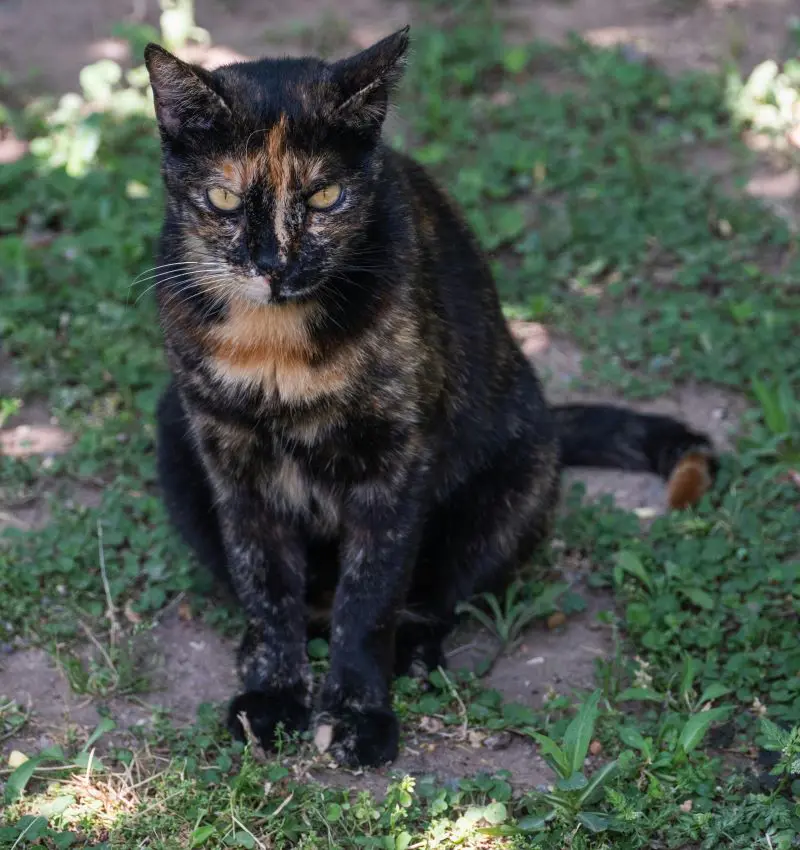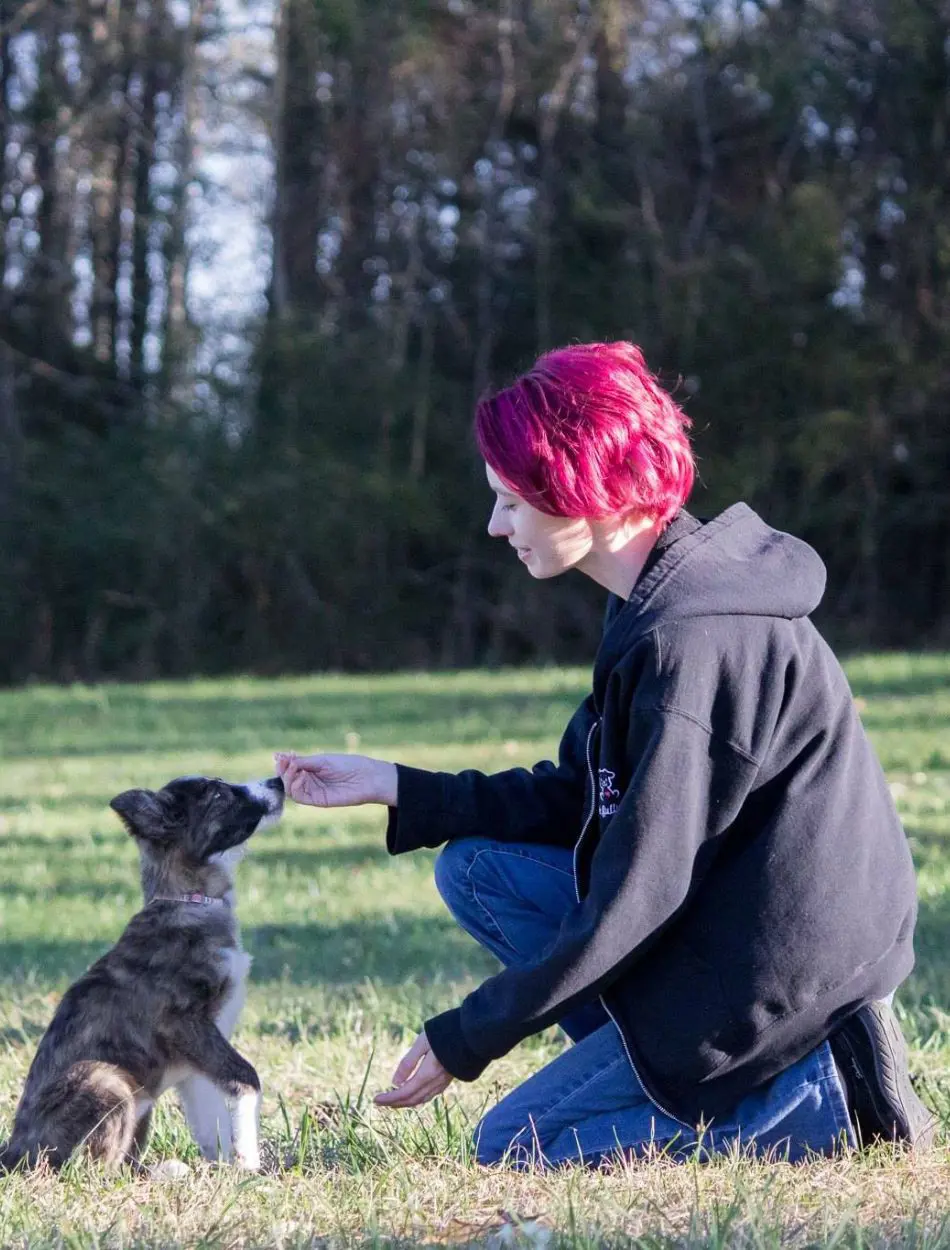Why Do Dogs Pee In The House?
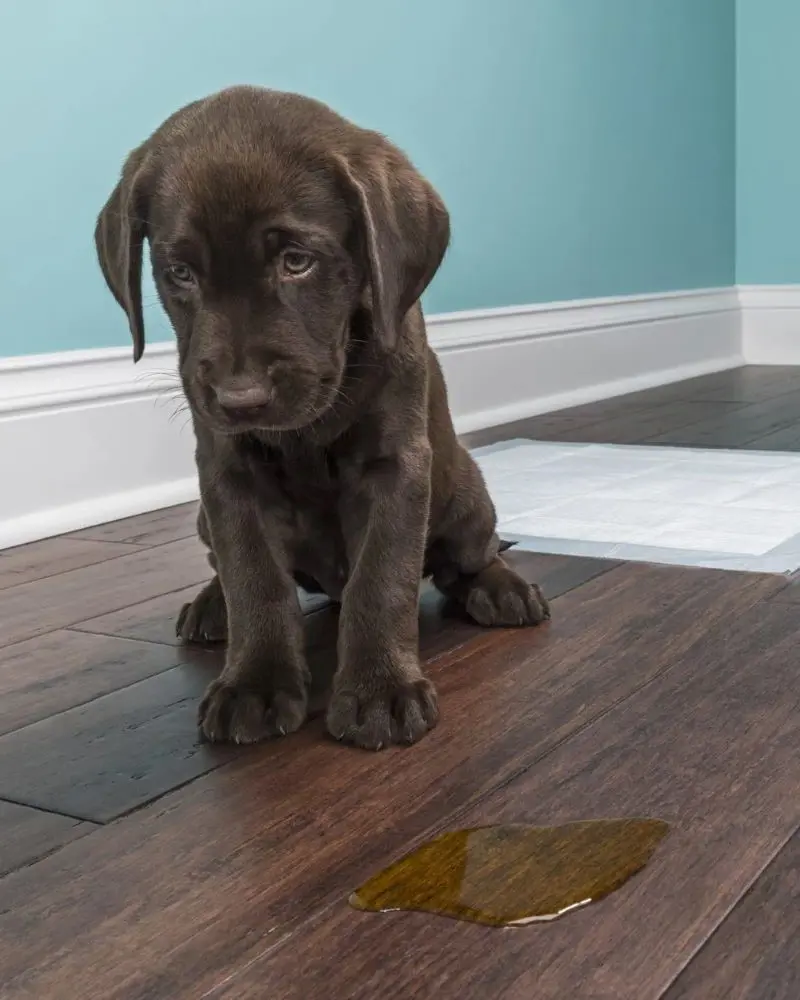
Uncontrolled peeing inside the house is usually perceived as a sign of a poorly-disciplined dog. However, it may not always be true as the canine could be suffering from a medical issue or cognitive decline. And, getting made is not the solution as your pet may have no say in when and where it pees.
These six causes are known to be responsible for the dog frequently peeing inside the house.
1. Urinary Tract Issues
A dog diagnosed with urinary tract issues may show irregular patterns of urination. Older dogs have a higher chance of contracting these conditions, which include unitary tract infection, hematuria, and other urine problems.
Dogs suffering from these issues tend to need more bathroom breaks, with a higher possibility of an accident in the home as compared to healthy dogs. If you notice any symptoms, don’t be late to consult a vet.
2. Incontinence
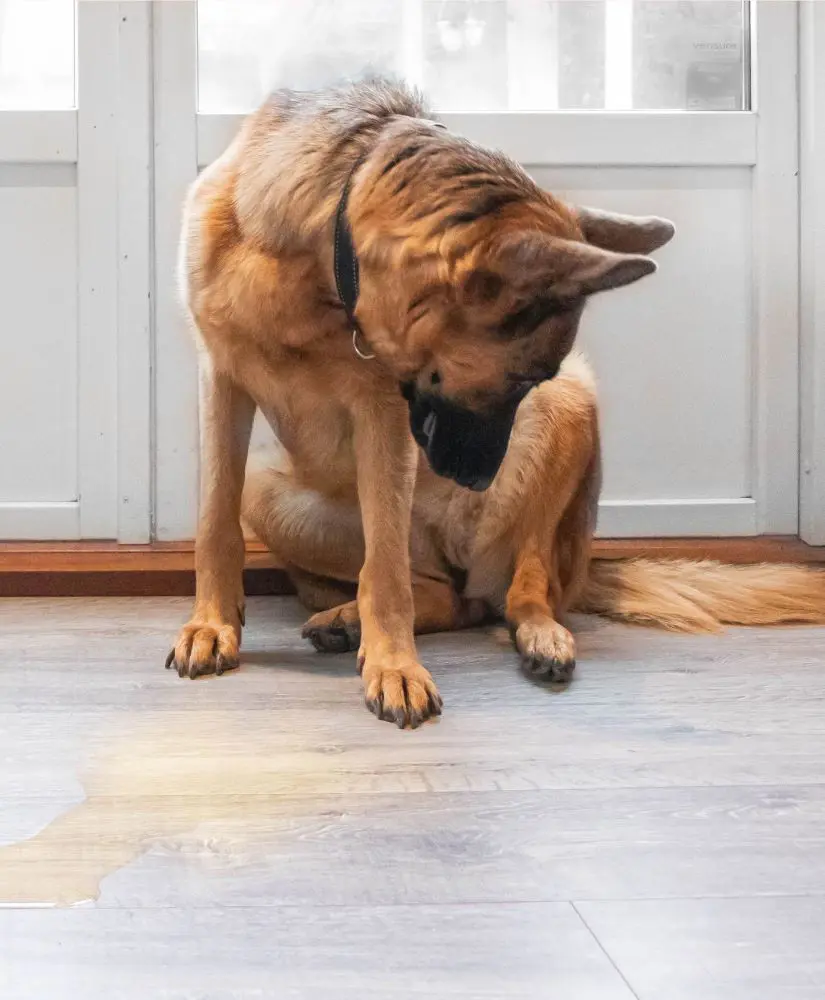
What most individuals consider to be bad behavior could be an involuntary action by the dog. Canines can’t always control their pee, so getting mad at them might not be helpful. Incontinence is a bladder condition that decrease's dog ability to hold its urine.
Although more frequent in older dogs, it’s not unusual for younger pups to be affected too. Spayed female dogs are the most at-risk demographic due to their decreased estrogen levels.
In normal cases, incontinence alleviates after a few days. However, if the condition is caused by an undiagnosed health issue, you may need to seek professional help.
3. Health Problems
Accidents can happen, even with trained dogs, if the dog suffers from an undiagnosed disease of health condition. Their sensitive excretory system is vulnerable to medical conditions like diabetes and kidney disease.
If your dog is drinking more water and urinating in short intervals, it could be showing a sign of a severe health crisis. Even the healthiest dog breeds are vulnerable to this problem.
4. Age
Getting old is tough for dogs as they often suffer a significant decrease in their immunity and cognitive abilities. And, with the cognitive decline, the dog may sometimes lose the control over their bladder or just forget their house training.
With age comes different illnesses and diseases, that may trigger the dog peeing in house behavior. Arthritis is a known aging illness, often responsible for making it difficult for them to get outside in time.
5. Anxiety
Dogs are not solitary creatures; they crave and need a human company for survival. Canines can develop separation anxiety when left alone for long hours.
Anxiety is particularly common in dogs raised by a single individual. When they are alone, these dogs might pee as a coping mechanism.
Pet owners, who spend a significant amount of time away from home, should consider adopting another pet to provide company to their dog.
6. Lack of Proper Training
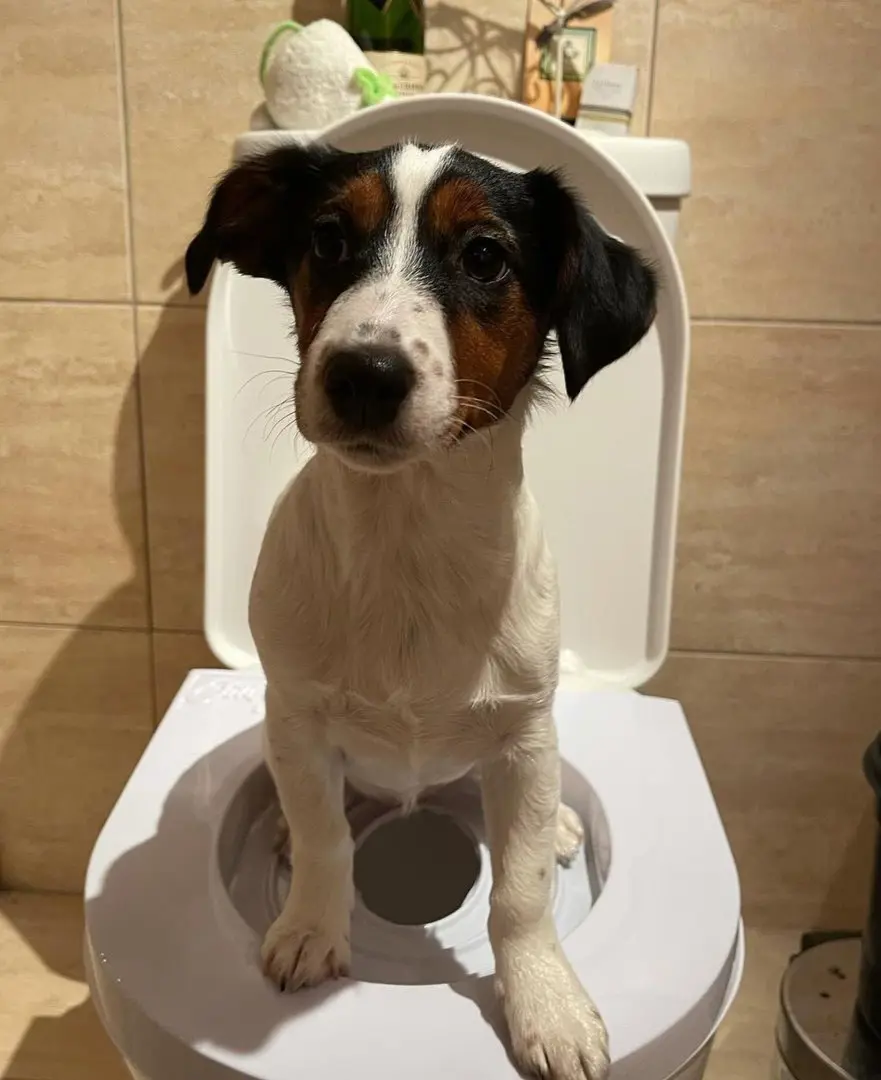
Potty training is one of the first lessons to teach your dog. When the training is ineffective, the dog can show temperaments like urinating or defecating in the desired area. Positive reinforcement comes in handy to teach dogs to pee outside.
Without a proper training plan, the dog is unable to determine where it should pee. Newly adopted dogs might also not understand the rules of your home. So, if you are looking to adopt an older dog, make sure that it is properly potty trained.
7. Territory Marking
Territory marking is different than normal urination as dogs urinate a small amount of pee all over the house, in contrast to peeing in one location. This behavior is not limited to intact dogs as even neutered/spayed dogs mark their territories with urine.
On the other hand, recent studies have shown that the territory marker is not always to show their dominance. Dogs also use this to communicate with other dogs and animals.
8. Attention-Seeking
Some dogs might pee to get the attention of their owners. This phenomenon is mostly applicable to young pups but can also affect adults.
Dogs demand human attention to prevent boredom and meet their physical exercise requirements. However, when they’re unable to get it, canines are known to exhibit bad dog behavior like peeing inside the house.
9. Excitement
Dogs peeing in excitement is not unusual. As it’s not a medical issue, controlling this behavior requires proper discipline and training.
Dogs get particularly excited when their owners return home after a long day of work. If they become submissive and pee while greeting, it may be a sign that you’re a poor trainer.
10. Infrequent Bathroom Breaks
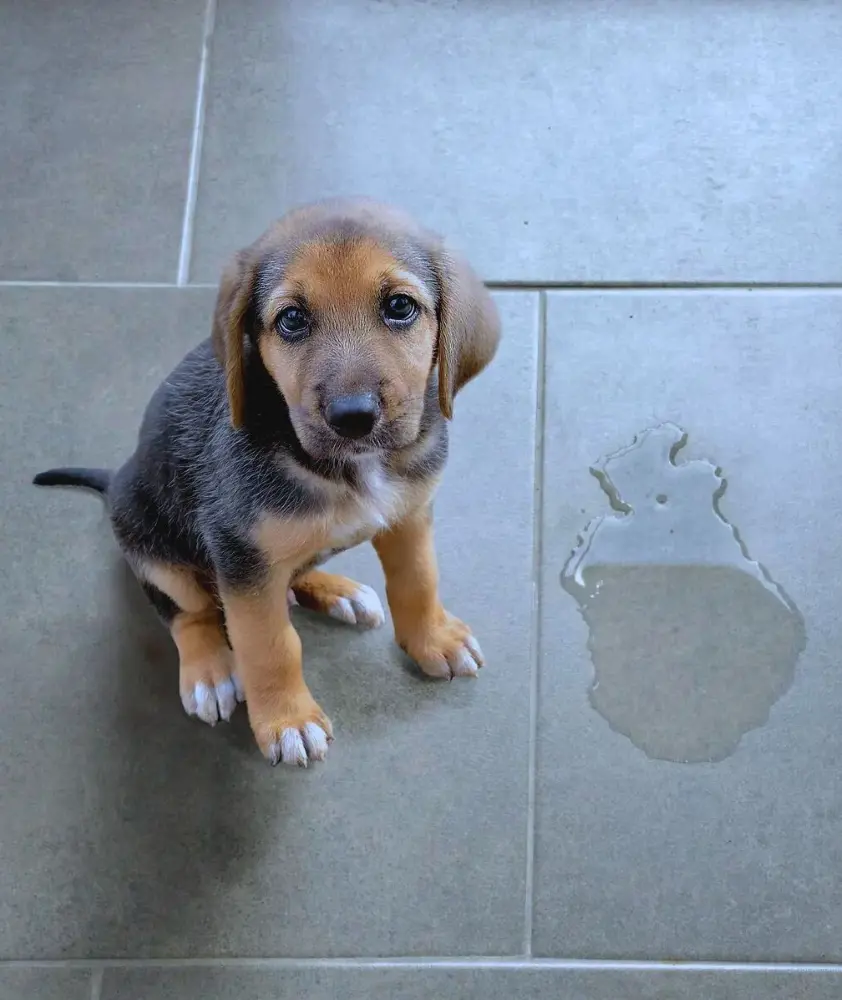
Experienced dog owners provide 3 to 5 bathroom breaks per day. Not maintaining a proper bathroom schedule can lead to urine leakage in your dog.
Proper planning requires observing the dog to identify the rush time and the number of breaks you should provide them.
How to Stop Dogs from Peeing in the House?
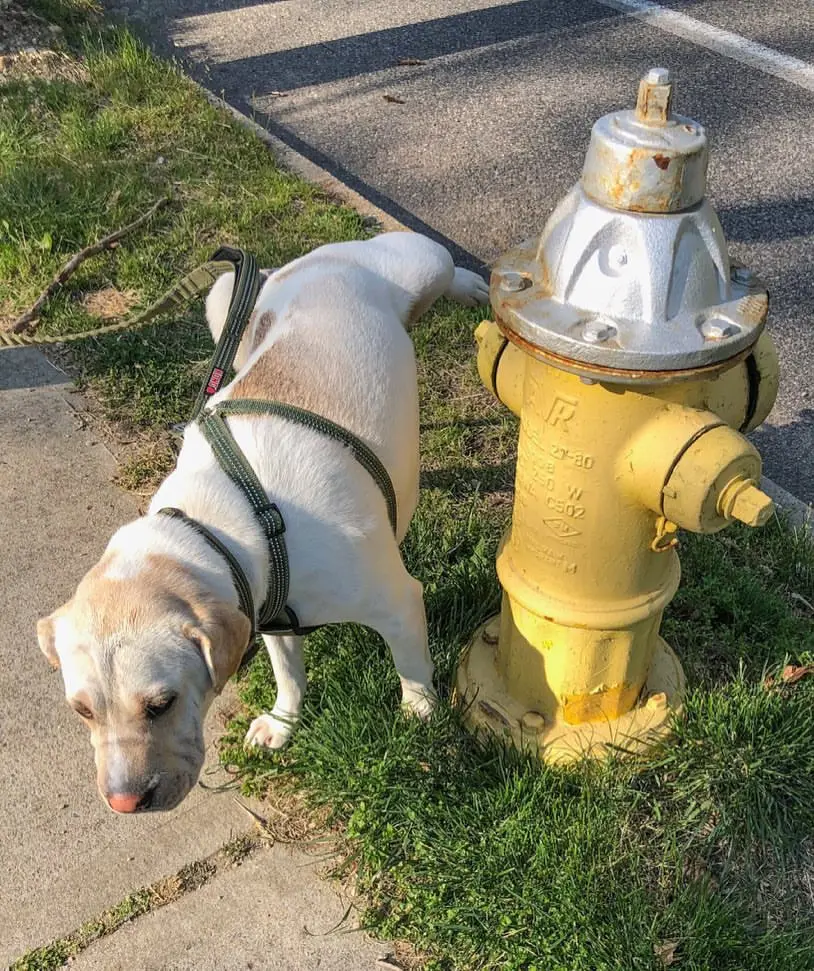
Once the trigger is identified, you can progress to providing the necessary support and care for dogs to beat this issue. Now that we've covered why dogs might start peeing inside, let's dive into the solutions.
1. Re-train Your Dog
Dogs urinating inside the house is a strong indicator that they are not properly trained. It doesn’t hurt to plan a refresher course on house training. Begin the recourse training by taking your dogs outside more frequently, especially after meals, naps, and play sessions.
Praise and reward them with treats and affection each time they go potty outside. This positive reinforcement helps them associate outdoor urination with good dog behavior.
2. Increase Potty Breaks
Frequent potty breaks are helpful, particularly when you are struggling to determine the actual cause of peeing. Take your dog outside more often and also give it a few minutes extra so that it can become familiar with its surroundings.
Even if it doesn’t solve the problem, increasing bathroom breaks doesn’t hurt the dog. Rather, it allows them to enjoy the outdoors and receive fresh air.
3. Identify the Trigger
Keep a diary of when and where the accidents happen, noting any changes in the household or routine. This helps you identify the trigger for why a dog is urinating indoors.
For example, dogs urinating because of anxiety might feel better with a safe space to pee. Each cause should be isolated and treated carefully to stop peeing indoors.
4. Don’t Hit or Yell
Dogs are not circus animals that can be controlled by hitting or yelling. Punishing your dog will only cause more problems than solving it. It’s crucial to handle the crisis with love and patience.
Negative reinforcements often don’t work. Instead, they can make the dog more stubborn or frustrated. Make them understand that urinating indoors is not okay.
5. Clean Up Immediately
If dogs catch the smell of urine inside, they can perceive it as a good place to urinate. To prevent this, clean the area immediately.
Apply a strong odor-repellent cleaner to rub on the pee-stained area. Make sure to scrub the floor thoroughly to avoid remnants of the pee smell.
Should Old Dogs Be Put Down For Peeing In House?
Putting down your pet just for peeing inside the house is immoral and can even be perceived as animal abuse. Your dog could be a victim of any one of the conditions that can cause involuntary peeing.
Once the dog gets euthanized, it can't be reversed. So, it should be left as the last choice after all the other options get exhausted.
A vet check-up will help you identify the actual reason for the frequent urination. If the condition is untreatable, opt for options like dog diapers or waterproof bedding.
Do Dogs Pee In House When In Heat?
When in heat, female dogs pass their pheromones and genetic scent to potential mating partners. Twice a year, a female dog usually goes into heat.
Although a normal biological process, this can take about 2 to 4 weeks. Pup parents, be prepared to clean the farthest corners of your home.
During this period, the female dog instinctually looks for a partner to procreate. The problem can be solved by spaying your pet. However, the method is not foolproof as even spayed dogs can sometimes go into heat.
Recent posts
Dogs
Dog Sleeping Positions And Their Meanings
The diverse sleeping dog positions of our furry companions unveil a fascinating tapestry of behaviors and emotions in the canine realm. From the classic Curler to the enigmatic Superman, each posture conveys a unique message about a dog's well-being ...
Dog In Heat: When It Happens And How Long Does It Last
A female dog will get to the phase of reproduction known as the heat cycle if she has not been spayed. If you have an unspayed female dog, it's vital to understand the stages of her heat cycle. During heat, a canine's conduct may additionally c...
15 Causes of Dog Losing Hair
Occasional hair loss and shedding is a natural physical process in dogs. Seasonal shedding helps remove dead and excessive hair from their body. But, when a dog starts losing excessive hair, it can be a terrifying sight for pet owners. Often, dog par...
18 Signs A Dog is Dying
Recognizing the signs that a dog is dying can be heartbreaking, but it's far more essential to offer comfort in their final days. The signs consist of changes in behavior and constant hunger indicating that it may be time to say good-bye. Owners who...
15 Reasons Why Dogs Eat Poop And How To Stop It
Dogs sometimes engage in odd and unhealthy behaviors, along with ingesting their poop or that of different animals. This habit may be concerning and disgusting for any pup owners. This habit has many motives, however, the secret is locating eff...
Why Is My Dog Sneezing? 18 Common Reasons
You may notice that your dog sneezes and have some curiosity about their well-being-as they would react to dust, pollen, or strong odors. Though sneezing can be as common in dogs as in humans, you need to determine whether it falls into playful, occa...

